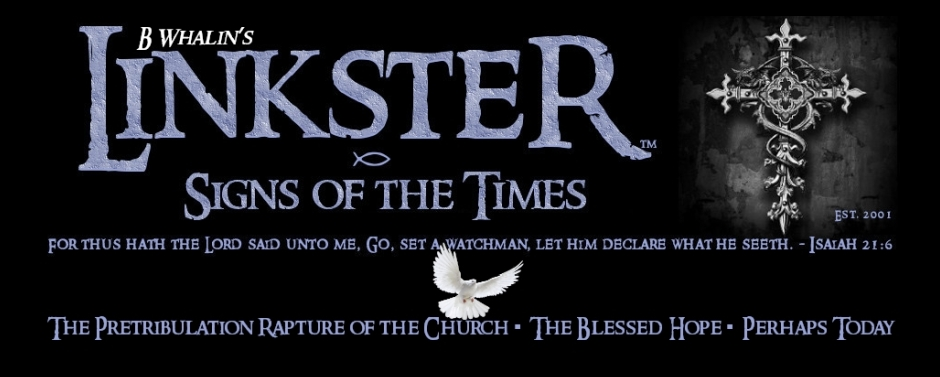
John Jay
The First Supreme Court Chief Justice of the United States (1789–95)
A Founding Father of the United States
Governor of New York, Author of The Federalist Papers
President of the Continental Congress (1778–79)
Secretary of Foreign Affairs, Minister to Spain & France
Signer of the Treaty of Paris
A Founding Father of the United States
Governor of New York, Author of The Federalist Papers
President of the Continental Congress (1778–79)
Secretary of Foreign Affairs, Minister to Spain & France
Signer of the Treaty of Paris
On ‘Christianity & The Holy Bible’

Biography
John Jay (December 12, 1745 – May 17, 1829) was an American statesman, Patriot, diplomat, a Founding Father of the United States, signer of the Treaty of Paris, and the first Chief Justice of the United States (1789–95).
Jay was born into a wealthy family of merchants and government officials in New York City. He became a lawyer and joined the New York Committee of Correspondence and organized opposition to British rule. He joined a conservative political faction that, fearing mob rule, sought to protect property rights and maintain the rule of law while resisting British violations of human rights. » Full Bio
» See All ‘Quotable Quotes’
This Day In History 224 Years Ago
American Judicial Branch - September 24, 1789
American Judicial Branch - September 24, 1789
The First Supreme Court

The Judiciary Act of 1789 is passed by Congress and signed by President George Washington, establishing the Supreme Court of the United States as a tribunal made up of six justices who were to serve on the court until death or retirement. That day, President Washington nominated John Jay to preside as chief justice, and John Rutledge, William Cushing, John Blair, Robert Harrison, and James Wilson to be associate justices. On September 26, all six appointments were confirmed by the U.S. Senate.
[...]
The U.S. Supreme Court grew into the most important judicial body in the world in terms of its central place in the American political order. According to the Constitution, the size of the court is set by Congress, and the number of justices varied during the 19th century before stabilizing in 1869 at nine. In times of constitutional crisis, the nation's highest court has always played a definitive role in resolving, for better or worse, the great issues of the time. » Full Article
Significant Events This Day In History
» History» Ultimate History Quiz
“The Ultimate History Quiz features thousands of questions about American and global history trivia. Play now to challenge your friends, and see how you stack up to the competition.”


